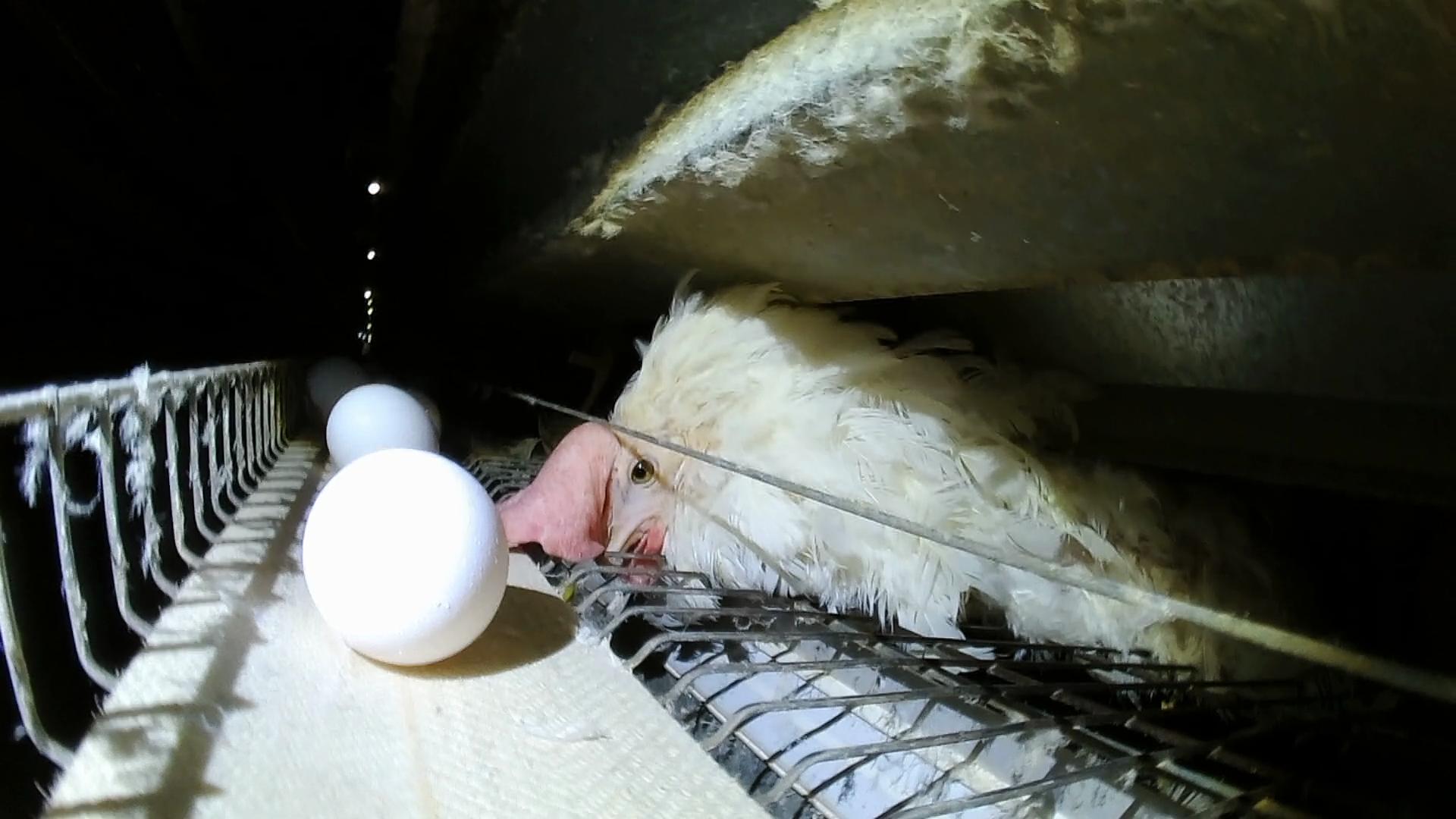Recently, PETA Asia exposed a horrific case of animal abuse at an Olympic-sized event in Japan. The eggs of endangered yellowfin tuna were found on the deck of a luxury cruise ship. The eggs were displayed for three days and were served to the guests. This case of grave neglect is just one example of how tourists traveling to other countries are being mistreated by unscrupulous hotel staff and travel agencies.
PETA Asia reports that the eggs were found during an unscheduled visit by PETA representatives. PETA and other animal protection organizations have been staging protests against the poor conditions of the Japanese hotel where the eggs were kept. According to PETA, these conditions were found during a visit on July 8, when PETA activists entered the Park Hotel, a four-star luxury establishment located in Sendai, a major city in northern Japan. PETA activists reported that they saw workers throwing the eggs into big plastic garbage bins, while others dipped the eggs in boiling water. Hotel staff appeared oblivious to the abuse taking place, as hotel management called PETA employees “loops” and “surfers.”
The hotel staff apparently did not care that eggs were being used for food, since they stored them in a refrigerator. PETA has called on the hotel to close all its hotels in Sendai until a full investigation takes place into the abuse of the yellowfin tuna eggs. PETA has also called on the State of California to halt all imports of Japanese hotels with hidden cruelty to animals taking place in their possession. The State of California currently allows tourist establishments to import and export from Japan, even though it is known that many hotels in Sendai are ill-equipped to deal with the Japanese culture.
Aside from this case of severe animal abuse taking place in an indigenous village in northeast Japan, there is another example of how tourists traveling to Asia can be terribly vulnerable to unscrupulous hotel management, restaurant operators, and other industries that do little or no research when operating their businesses in Asia. A Thai couple who traveled to Phuket, Thailand for a two-week vacation found themselves severely ill after consuming some “fishy” food at a restaurant in Phuket Town. The couple was rushed to the hospital where the emergency treatment occurred. The couple is suing the restaurant for negligence, and the incident has been widely publicized, causing dishwashing companies in Thailand to carry mandatory guidelines for dealing with Asian customers.
Other tourists to Asia have been exposed to equally unsavory treatments of the hospitality industry. An American tourist was recently treated for an ear infection after eating a questionable meal at a hotel in Bangkok. He had ordered the meal from a Chinese restaurant where he had previously eaten his best choice meals but was reportedly offered chicken instead of his choice of chicken. The restaurant then allegedly told the American that the chicken could not be served to an American because it was too foreign to his system. While the story made national news and caused a stir in the American dining community, the hotel has since closed, and the American traveler was left with an ear infection and the costly bill for the doctor’s treatment.
There are countless other examples of how tourists can be improperly exposed to animals that are abused for entertainment purposes. Animal rights activists have called on the International Olympic committee to halt all animal testing during the games, as they have done with other countries where they have participating teams. However, as a highly popular sporting event, Olympic sports must abide by whatever laws their host countries have in place, even if the athletes are not among those that care about animals. While the organizers of the games will undoubtedly choose to remain neutral in terms of animal rights, it is up to the athlete to make sure that his comfort and health are not compromised for the sake of a television show, or for photo opportunities. If PETA and similar organizations had their way, every athlete at the Olympic games would agree to wear a reusable polypropylene suit instead of the leather jacket and shorts they are used to wearing, and each would use only organic, fair trade ingredients for their athletic attire.
Posted By:- Pornstar Escorts




